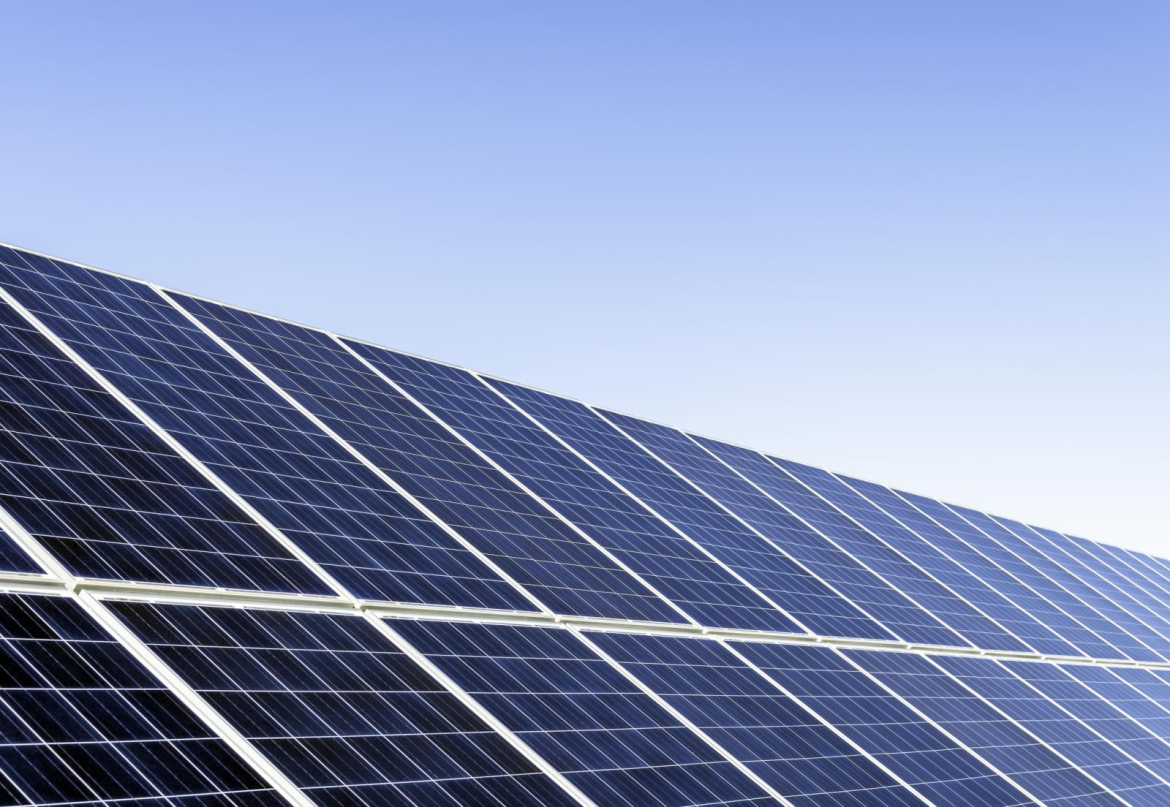KEY POINTS
- The next set of Nationally Determined Contributions (NDCs) is vital for reaching the global goal of tripling renewable energy capacity by 2030.
- The International Energy Agency (IEA) highlights the need for aggressive policy actions and increased investment in clean energy.
- Achieving the target is essential to meet the Paris Agreement goals and address the global energy crisis.
The IEA has highlighted the importance which will lie with the next round of NDCs in meeting the target of the threefold increase of the world’s renewable capacity in the energy production sector by the same year. As stated by the IEA, this next phase is the last chance to reach climate targets agreed upon under the Paris Accord.
In the course of implementing the Paris Agreement, nations have to communicate their revised NDCs that detail how they plan to reduce emissions of greenhouse gases and advance towards cleaner energy.
The IEA underlined that much bolder policy measures and substantial increase in investments in renewable energy technologies are required to achieve the goal of tripling the renewable power capacity and doubling the energy efficiency.
Renewables and energy efficiency at the core
The IEA in its most recent report pointed out that the current efforts are inadequate to achieve the 2030 goal. Even as new technologies in solar, wind and other renewable resources are developed, the rates of adoption are still relatively low.
There are calls for governments to up their offers and enhance their policies to support the large scale investments in clean power generation.
They also have to worry about the lack of a clear and systematic strategy for increasing the renewable energy capacity. This is according to the IEA as reported by Engineering News that it is impossible to support energy efficiency and promote the advancement of renewable energy at the same time.
Energy intensity is considered to need to be doubled by 2030 in order to achieve the goal of lower emissions and the energy transition.
Investment and policy challenges
The main challenge of reaching the tripling of the share of renewables is the search for the necessary funds. The IEA also pointed out that it will take trillions of dollars to finance the infrastructure and technology that will be necessary to achieve the transition. However, many nations have not advanced much in efforts to attract private and public investment due to policy and regulatory issues.
To address these issues, the IEA suggests that much longer-term policies should be implemented and hence with long-term policies; there will be no ambiguity to investors.
Any such frameworks should include principles, for example, encouraging deployment of renewable energy systems; effective permits; and supporting research in clean technologies. Lack of such policies may lead to underinvestment and, therefore, hinder the achievement of the 2030 goals.
Global cooperation needed
The IEA also stressed the fact that cooperation with other countries is needed to achieve the tripling of the renewables share. However, due to the global dynamics of change in the energy mix, these objectives cannot be met by one country alone.
The agency also urged countries to collaborate in order to share information, technology and effective practices. This cooperation will be particularly important for the developing countries which do not possess sufficient capital and knowledge to finance and carry out big renewable projects.
Thus, the cooperation of countries will help to speed up the process of transition to a low-carbon economy, and, at the same time, to decrease the costs and improve the reliability of energy systems.
The IEA highlighted that the NDC process is not only about the individual country contributions but also about the overall increase in ambition and support for the most needed.
Toward the future of sustainable energy
The next round of NDCs is a major measure of the global community’s capacity to address climate change. With just six years remaining to meet the 2030 targets, the IEA’s message is clear: the world cannot afford to wait any longer for the start of the climate change action.
There are strong positive correlations because extensive measures have to be taken to promote the usage of renewable energy and enhance the energy efficiency.
Thus, the move to renewable energy source is the solution to energy insecurity, energy sustainability and the quest for development. IEA still believes that with the correct policies, investments, and international cooperation, tripling of renewable energy capacity is possible.
Therefore, the next NDC submissions will define if the world can succeed in the use of renewable energy to achieve the goals postulated in the Paris Agreement.
It is, on the one hand, that there are great difficulties in implementing green concepts However, on the other hand, there exist great opportunities to produce a cleaner world with least harm to the environment.
The ball is now in the government and business and individual court to step up to the plate and make the required changes to ensure that the future is better for everyone.



